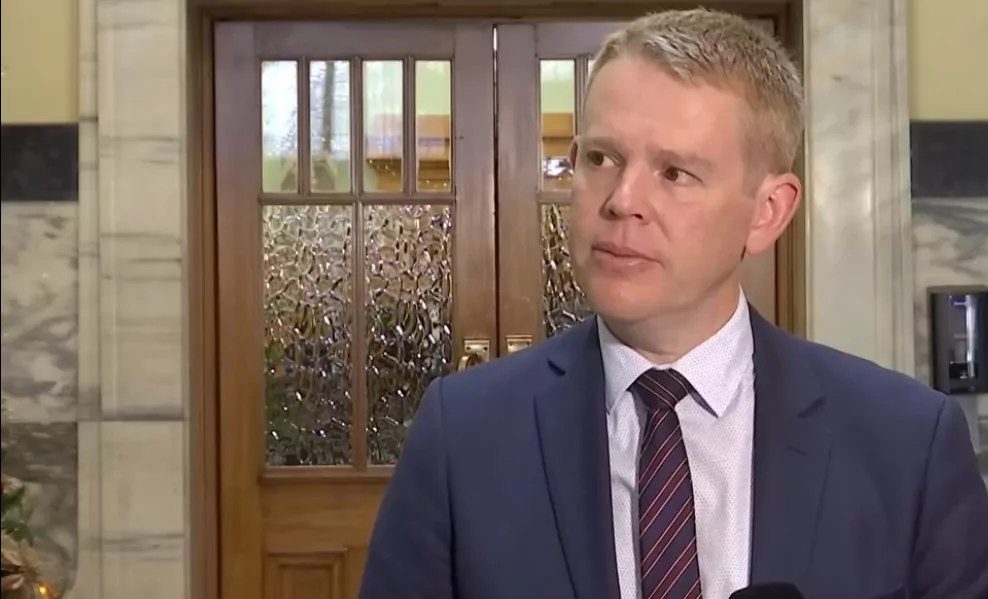Former Covid-19 Response Minister Chris Hipkins has defended the government’s handling of the pandemic after the Royal Commission of Inquiry issued a critical report on New Zealand’s response.
The Inquiry found that the vaccine mandates’ extension into a wide range of workplaces was excessive, particularly as vaccination provided limited protection against the transmission of the Omicron variant.
It also noted concerns raised by the Treasury in September 2021 about the vaccine pass system’s impact on equity, social cohesion, and public trust.
Hipkins said “social cohesion is incredibly important. The public’s willingness to follow whatever you’re asking them to do is very, very important,” Hipkins said.
He highlighted the difficulties faced during the vaccination rollout, particularly around mandates and public sentiment at the time.
“That was really, really challenging in the vaccination period. Because whilst I know everybody looks back on it now with a slightly different lens to what they were looking at on it at the time, we’ve got to remember that how people felt about those things at the time was different,” he said.
Hipkins defended vaccination mandates, explaining their role in addressing workplace concerns and ensuring people could return to work safely.
“We had very large groups of people refusing to go to work unless everybody in the workplace was vaccinated.
“I know everybody forgets that now, but that was actually one of the things that the government had to weigh up at the time. We did want to get people back to work,” he said.
New Zealand initially garnered international praise for its stringent Covid-19 response, including early lockdowns and an elimination strategy that kept cases and deaths low.
However, as the pandemic progressed, criticism grew over prolonged restrictions, vaccine mandates, and their impact on personal freedoms and businesses.
The Royal Commission of Inquiry’s report evaluated the government’s overall response, pointing out gaps in preparedness, communication strategies, and inequities exacerbated by the pandemic.









